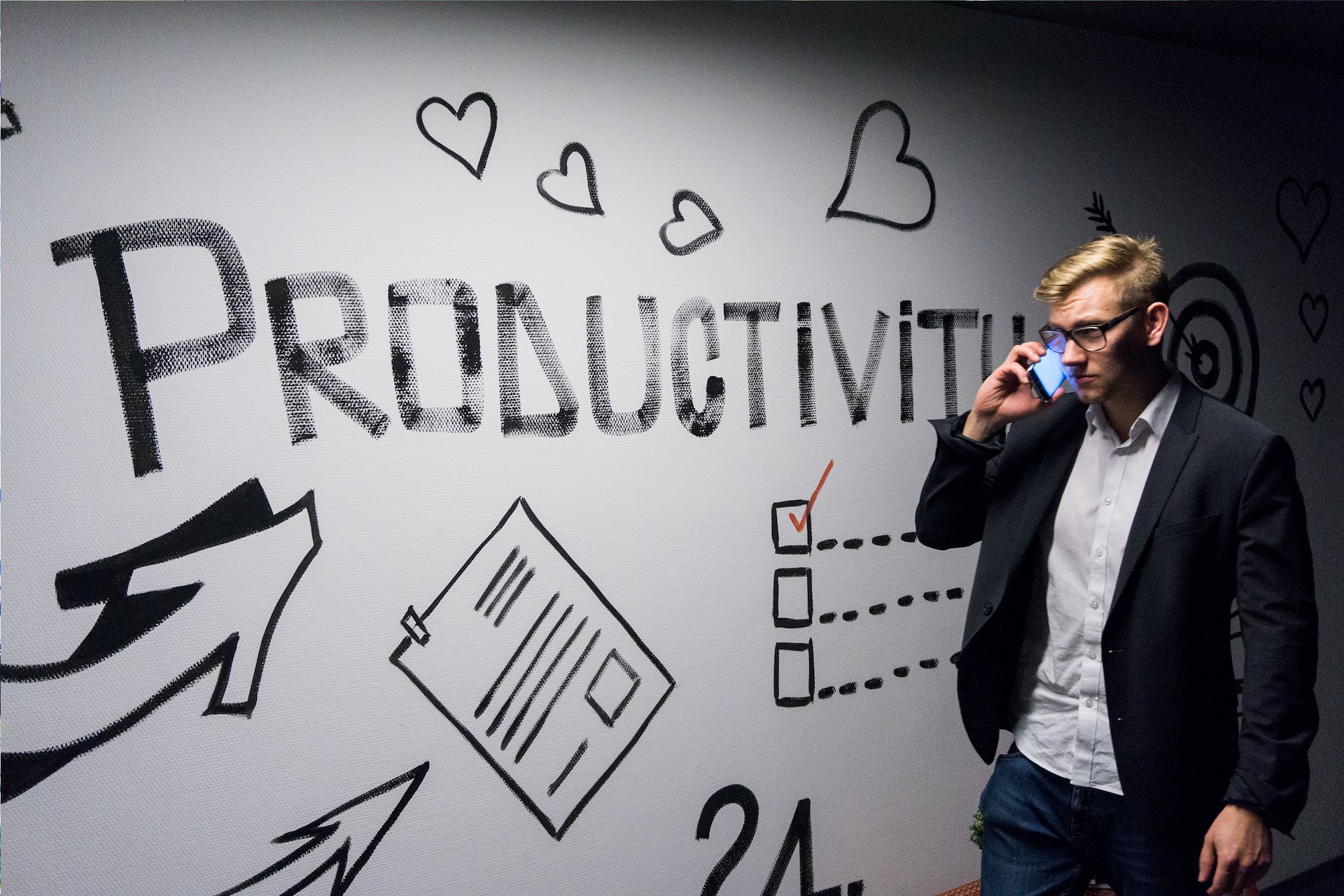“Get to the point where you get allergic to average! You don’t think average!”
― Eric Thomas

You’ll never make it to the next level with an average mindset. Average is for everyone else. Average is the path of fear.
So conquer your fear. Convince yourself that your goals are bigger than fear.
Choose to end your fear.
- Don’t fear new paths.
- Don’t fear work.
- Don’t fear being different.
- Don’t fear criticism.
- Don’t fear judgment.
- Don’t fear taking risks.
- Don’t fear stepping out of your comfort zone.
- Don’t fear the unknown.
- Don’t fear rejection.
- Don’t fear change.
- Don’t fear success.
- Don’t fear being alone.
- Don’t fear standing up for yourself.
- Don’t fear starting over.
- Don’t fear being vulnerable.
- Don’t fear being misunderstood.
- Don’t fear making mistakes.
- Don’t fear asking for help.
- Don’t fear being imperfect.
- Don’t fear being yourself.
- Don’t fear the journey.
Push yourself. Believe in your abilities. Strive for greatness.
Don’t be average.









